Best small phone 2022: the top tiny, compact smartphone choices
The best small phones don't have to have lesser specs
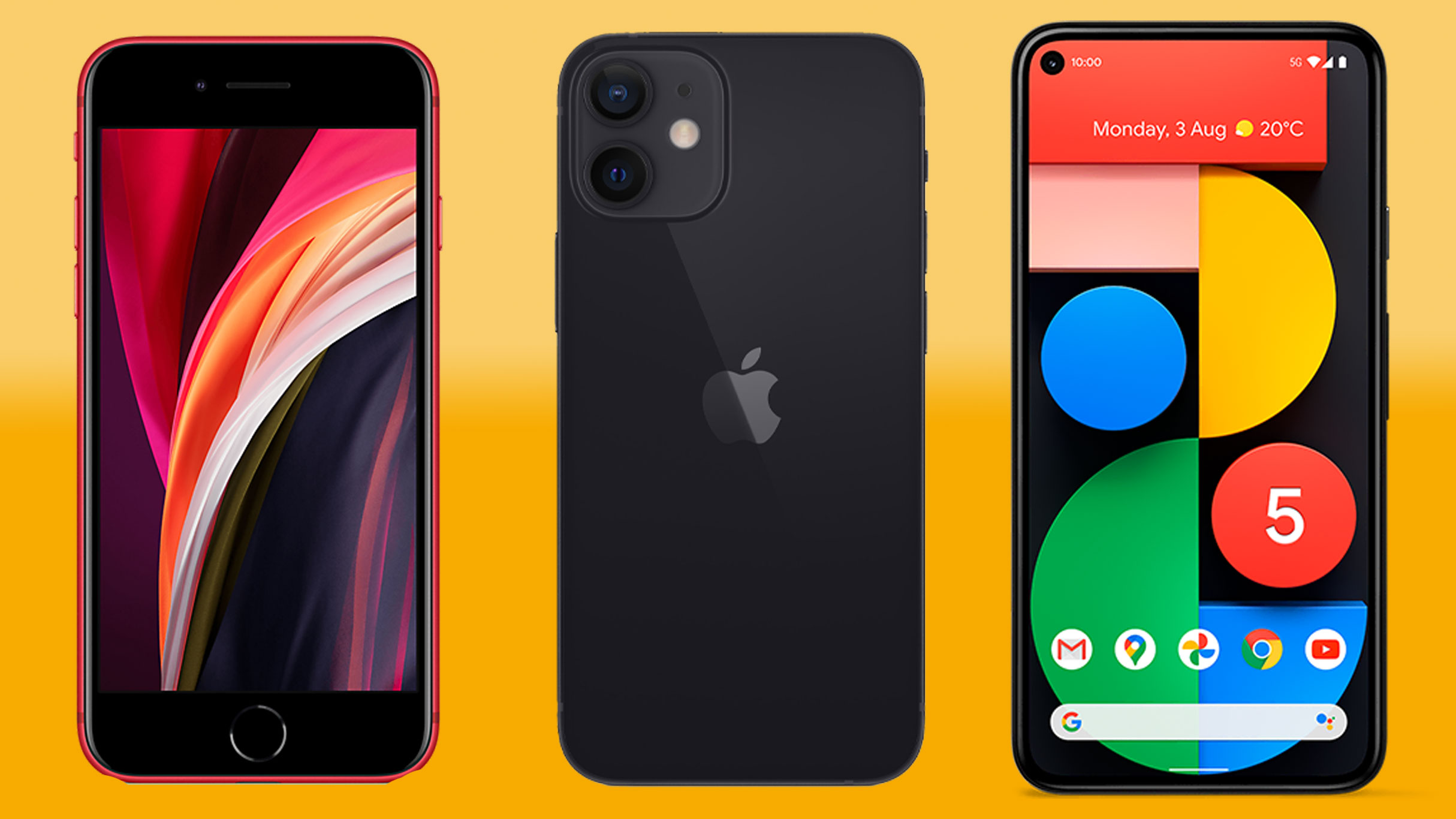
The best small phones are those that sport a petite footprint and yet still pack in great hardware and a rich feature set.
These days, there aren't as many small phones around worth considering but they do still crop up from time to time. If you're wondering what we count as ‘small’, to make the list, entries here need to be phones with a screen size of 6-inches or below to count.
That might sound big to some people but compared to the Samsung Galaxy S22 Ultra or the 6.7-inch iPhone 14 Pro Max, that's pretty diminutive.
No ever entrant hovers around that 6-inch ceiling though. We also have options that are even smaller, such as the 4.7-inch iPhone SE (2022) and the iPhone 13 mini, with its 5.4-inch display.
We've included those in our rankings along with the larger but still fairly compact Google Pixel 5 and Sony Xperia 10 IV. All the best small phones are easier to hold with one hand, making them attractive for anyone with smaller mitts, or for those that simply don't want to use up so much pocket space.
Best small phone 2022
Why you can trust TechRadar
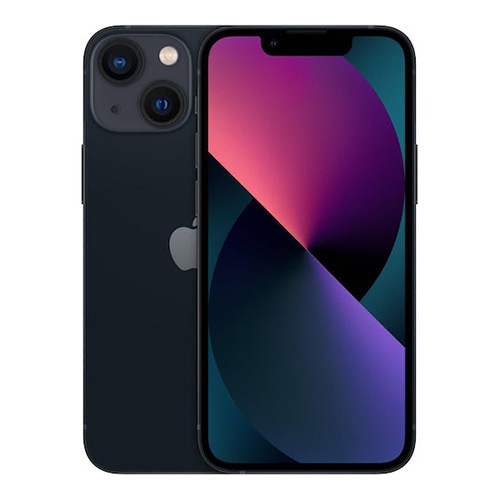
Specifications
Reasons to buy
Reasons to avoid
The iPhone 13 mini is a rare small phone that's still high-end when it comes to hardware. Its 5.4-inch display is a Super Retina XDR OLED display so it looks great, thanks to some strong brightness levels. It's the same tech as you'd see on the iPhone 13, only smaller.
Similarly, its camera is fairly potent. It has a 12MP f/1.6 wide camera with 1.7µm pixels for low-light performance, while the 12MP f/2.4 ultra-wide camera offers 120-degree field of view. Taking photos in low light situations works well too, easily being some of the best we've seen.
Speed wise, the iPhone 13 mini uses Apple's A15 Bionic chipset so it's fast and easily capable of multitasking. iOS 15 works super smoothly here. Just count on paying for the privilege as it's pricier than the iPhone 12 mini that came before it.
Read our full iPhone 13 mini review
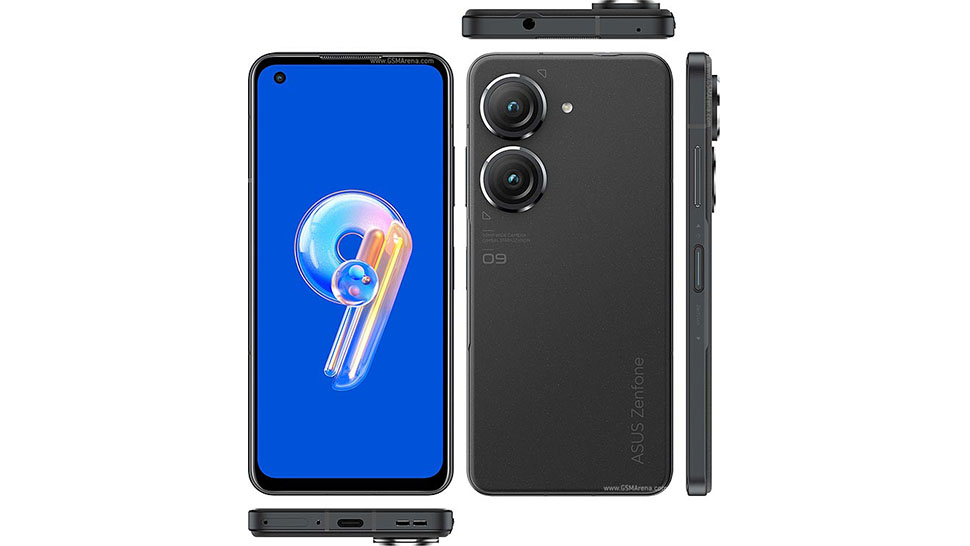
Specifications
Reasons to buy
Reasons to avoid
The Asus Zenfone 9 offer a lot of power for a small phone. It uses the top-end Snapdragon 8 Plus Gen 1 which is great for gaming or video editing. You won't need to worry about speed here like with some other small phones.
While it might lack a third lens, the Asus Zenfone 9 has a respectable 50MP main camera and a 12MP ultra-wide lens on the back, along with a 12MP selfie camera.
Some clever navigation tricks come into play too thanks to a double-tap on the back or swipes on the power button giving you some useful shortcuts. Audiophiles will appreciate the 3.5mm headphone jack too.
It packs a lot in for the size, as it should at this price.
Read our full Asus Zenfone 9 review.
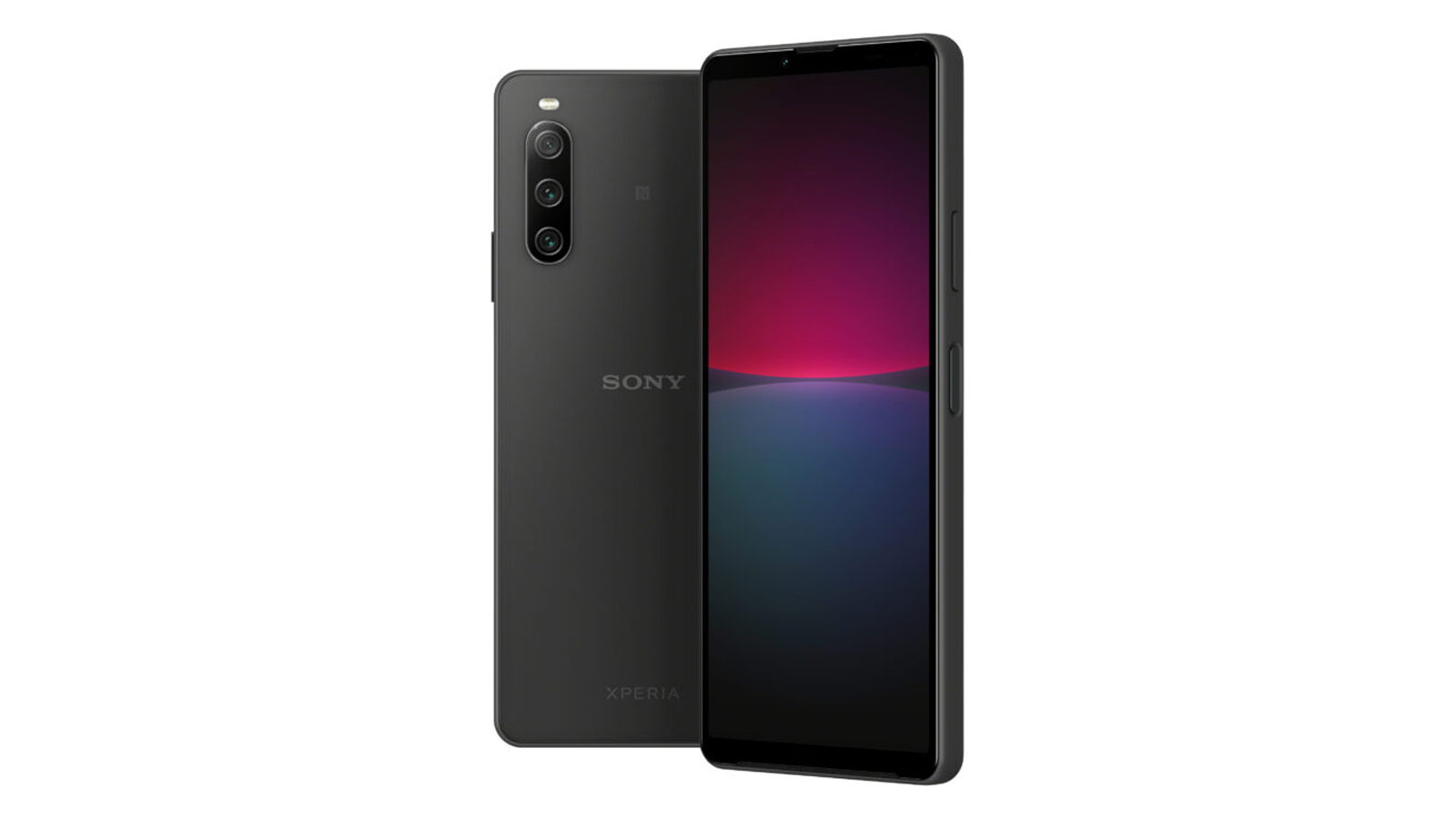
Specifications
Reasons to buy
Reasons to avoid
The Sony Xperia 10 IV is a great looking phone as you would expect from an Xperia device. Its build quality is fantastic, feeling robust yet slender. A 6-inch OLED display looks good with vivid imagery even if it only has a 60Hz refresh rate.
Performance is middling rather than great, but the Sony Xperia 10 IV takes excellent photos thanks to its triple-lens rear camera setup. Low-light photography isn't its strength but a 2x optical zoom is useful while a triple-lens 12MP wide, 8MP telephoto and 8MP ultrawide rear camera gives you plenty of options.
The Sony Xperia 10 IV is a decent all-rounder for anyone looking for something more slender without making too many concessions.
Read our full Sony Xperia 10 IV review.
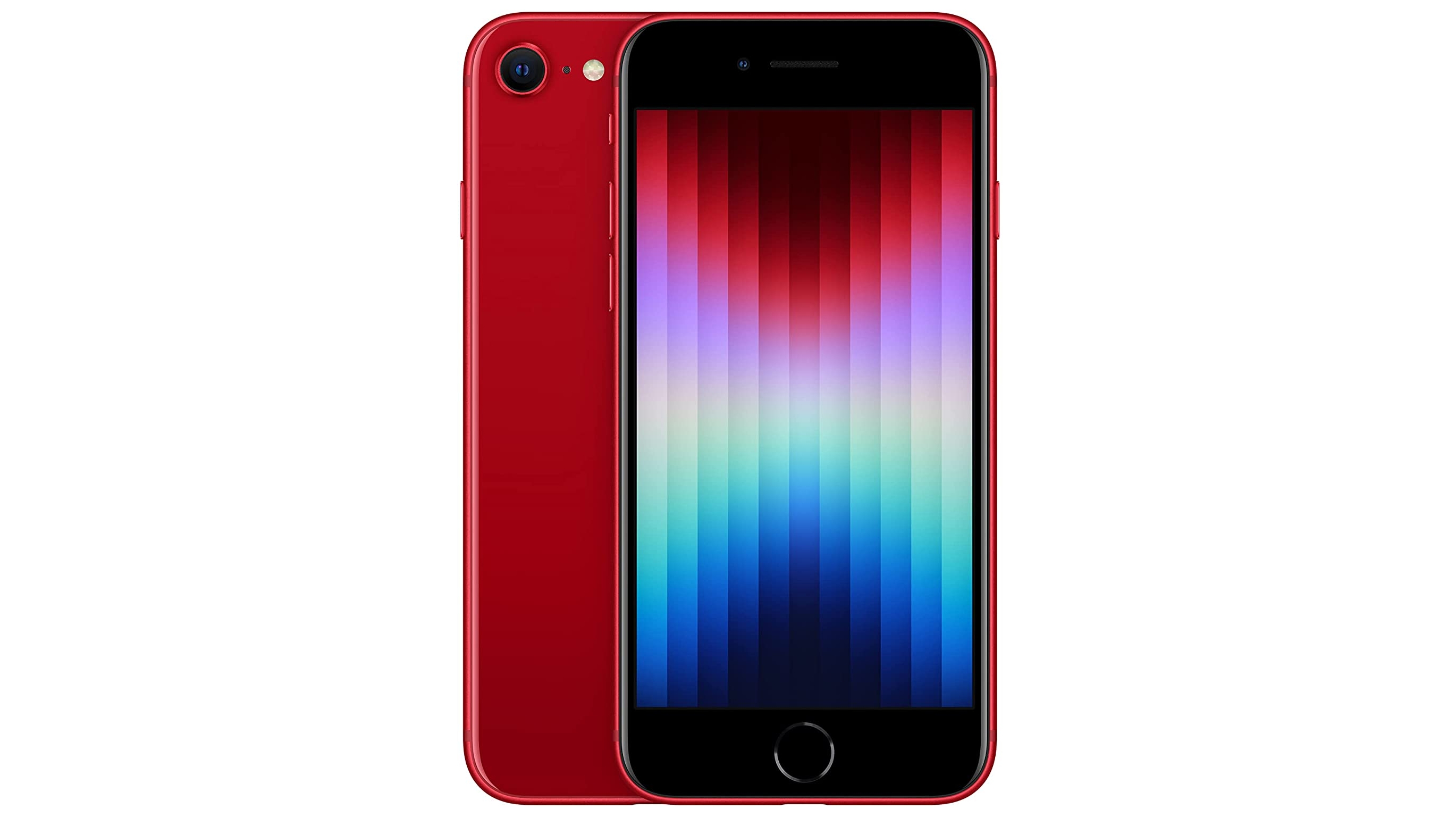
Specifications
Reasons to buy
Reasons to avoid
The iPhone SE (2022) is the cheapest way to enjoy a new 5G iPhone. It looks a lot like its predecessor with no change to its body, and the same Liquid Retina display as before, but why fix a design that works so well?
Instead, it adds on the A15 Bionic chip for speedy performance that can even beat Qualcomm's latest Snapdragon 8 Gen 1 CPU plus it's now capable of timelapse night photography if you add on a tripod.
A reliable battery life of 12 hours should last you the day, and while it's not always exciting, the iPhone SE (2022) gets the job done well.
Read our full iPhone SE (2022) review.
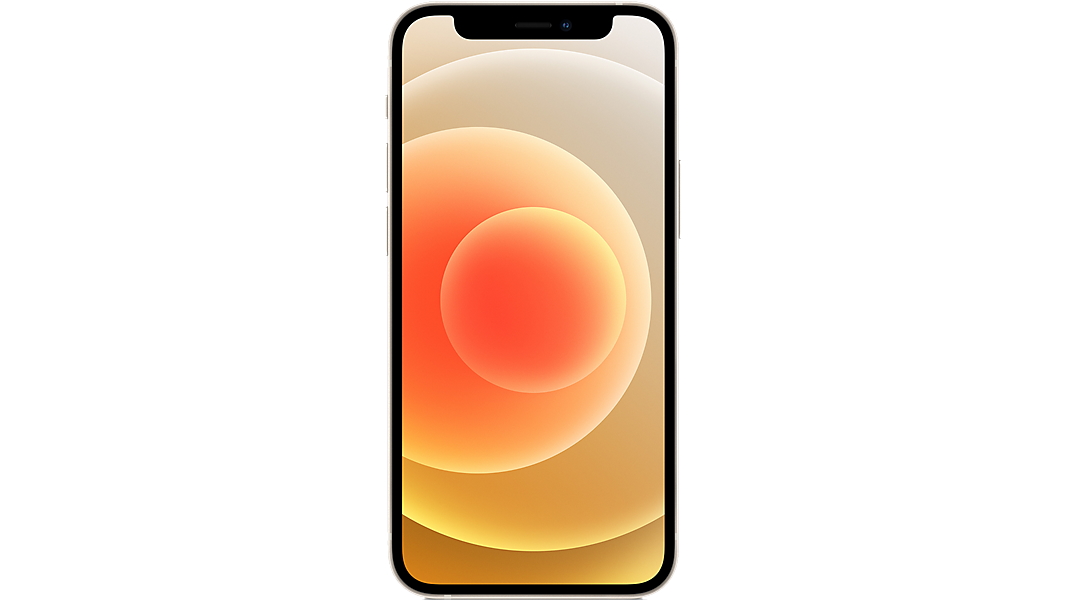
5. iPhone 12 mini
Our expert review:
Specifications
Reasons to buy
Reasons to avoid
The iPhone 12 mini is that rare thing – a phone that’s not only genuinely small, but also genuinely high-end. As the name suggests, it’s basically the iPhone 12 in a smaller size, with a 5.4-inch 1080 x 2340 OLED screen.
That’s a high-quality display, and while it’s bigger than the screen on the iPhone SE (2020), the relative lack of bezels means the iPhone 12 mini is actually a smaller phone overall.
Beyond the screen and the size, highlights of the iPhone 12 mini include its 5G support, its MagSafe tech which lets you magnetically attach accessories, and its top-tier power, provided by an A14 Bionic chipset (the same one as you’ll find in the rest of the iPhone 12 range).
The camera is highly capable too, albeit only packing two rear lenses – you get a 12MP main and 12MP ultra-wide shooter, so it lacks for telephoto skills.
We’d like to have seen slightly better battery life, and the 64GB starting size is entirely too low, especially for the price, but those niggles aside the iPhone 12 mini is a superb small phone.
Read our full iPhone 12 mini review
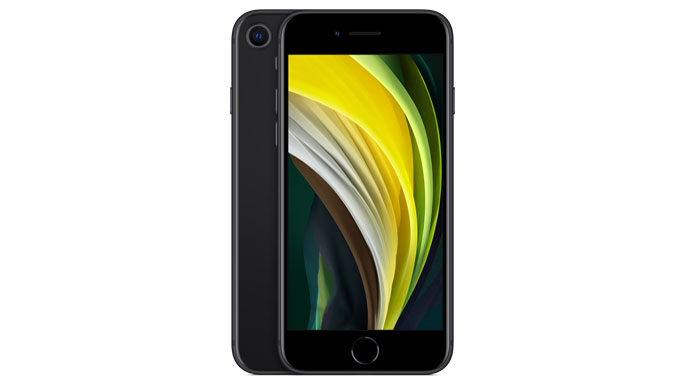
6. iPhone SE (2020)
Our expert review:
Specifications
Reasons to buy
Reasons to avoid
The iPhone SE (2020) is Apple’s budget iPhone, but it’s also one of the company’s smallest available models. In fact, at 4.7 inches its screen is the smallest (as well as being smaller than almost any other widely available smartphone), but as noted above the actual dimensions are slightly larger than the iPhone 12 mini’s.
Still, the iPhone SE (2020) is undeniably a small phone, and it’s a very good one at that. While it can’t quite match the iPhone 12 range for power, it’s not far off, packing the A13 Bionic chipset that’s also found in the iPhone 11 range.
The handset has a decent – albeit single-lens – 12MP camera too, and a premium (read: metal and glass) if slightly old-fashioned design.
Some of this might sound like faint praise, but this is one of the most affordable and arguably best value iPhones we’ve seen in years, and it just so happens to be compact too.
Read our full iPhone SE (2020) review
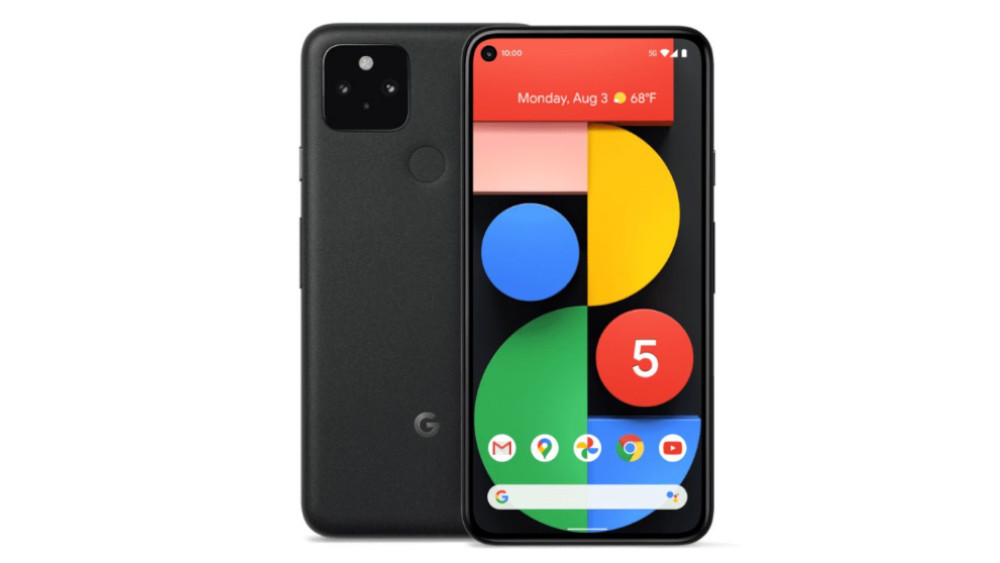
7. Google Pixel 5
Our expert review:
Specifications
Reasons to buy
Reasons to avoid
With its 6.0-inch screen the Google Pixel 5 only just squeezes onto this list, but its tiny bezels means there’s no wasted space, and the screen itself impresses. It’s a 1080 x 2340 OLED one with a 90Hz refresh rate, which leaves it feeling smoother than a typical 60Hz phone.
The Pixel 5 also has a high-end and slightly unusual design, as it has a metal rear where most phones use glass or plastic. This helps it stand out, and that’s a good thing in our view.
The camera experience really shines here too, as is usual with Google phones. There’s just a dual-lens snapper on the back, with a 12.2MP main and 16MP ultra-wide included, but the pictures taken mostly come out well, other than a bit of noise in low light, and the phone is also packed full of easy-to-use image editing tools.
There’s perhaps less power here than you might expect from the top 2020 Pixel, as it has just an upper mid-range Snapdragon 765G chipset, but the Pixel 5 is priced accordingly, and still has 8GB of RAM and 5G.
Read our full Google Pixel 5 review
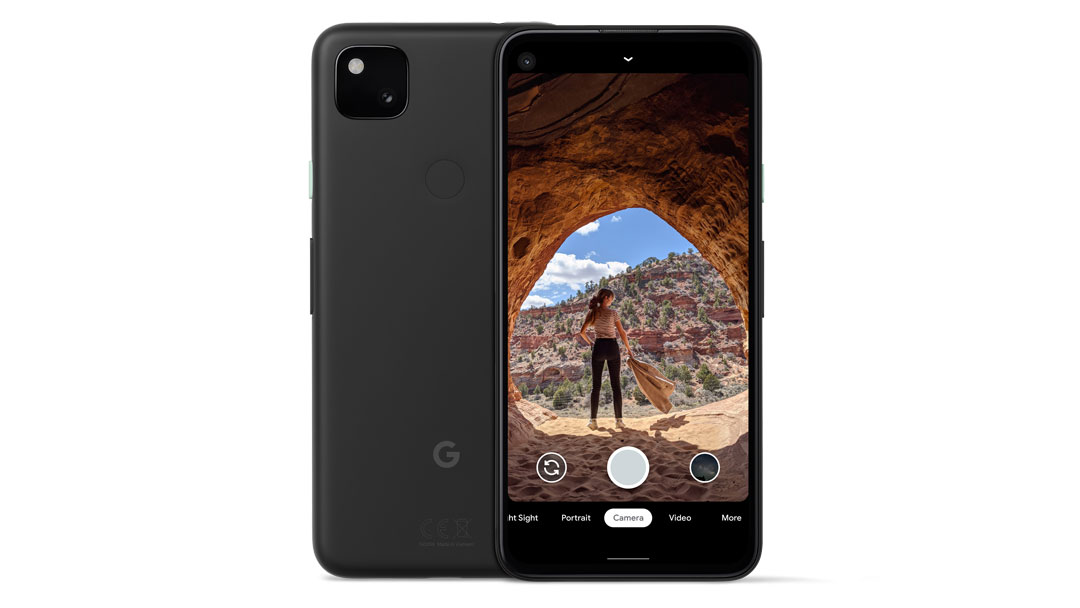
8. Google Pixel 4a
Our expert review:
Specifications
Reasons to buy
Reasons to avoid
The Google Pixel 4a is Google’s rival to the iPhone 12 mini, though at 5.81 inches the Pixel’s screen is quite a bit bigger.
It’s still small though, and there’s a lot to like here – including that display, which uses OLED tech and at 1080 x 2340 is fairly sharp.
For the money we were also very impressed with the camera, as while there’s just a 12.2MP single-lens one on the back (and an 8MP one on the front) it performs well, with good image processing and decent results even in low light.
The Google Pixel 4a also has a headphone jack, which is an increasingly rare feature in phones, and its software is a definite strength, as it runs stock Android, which is more intuitive than many manufacturer overlays. As this is a Google phone you can also expect a day one update to the next software version.
Its power, battery life, and build are all middling, but then this comes in at a middling price, so that’s forgivable. Note also that we’re just talking about the standard Pixel 4a here, not the Pixel 4a 5G, which is slightly too big to make this list.
Read our full Google Pixel 4a review
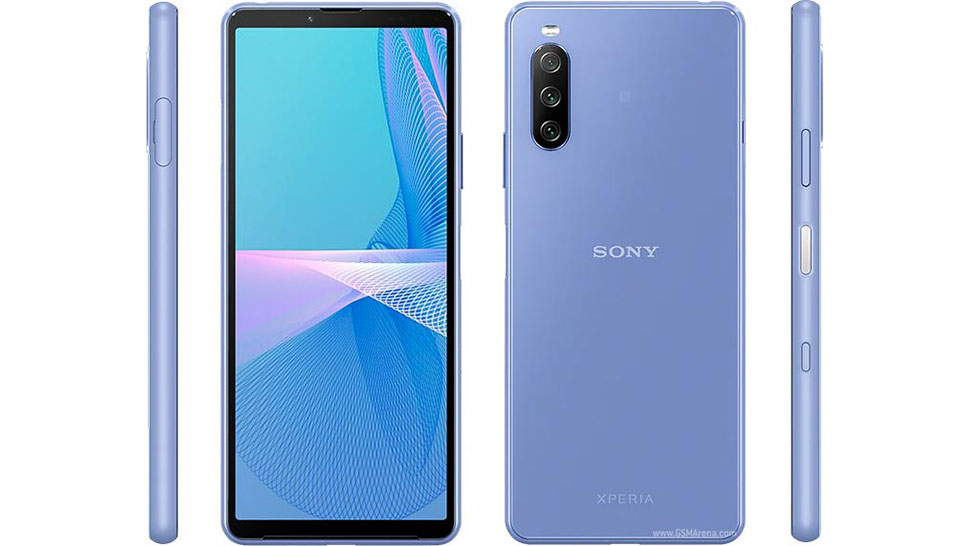
9. Sony Xperia 10 III
Our expert review:
Specifications
Reasons to buy
Reasons to avoid
The Sony Xperia 10 III isn't a great phone but if size is everything, its mature design makes up for some flaws. Dodging past its poor camera, slow charging, and mediocre processor, its 6-inch display squeezes into a design that's just 68mm wide, only slightly wider than the iPhone SE (2020).
With a classic Sony style, it looks good, with decent build quality including Gorilla Glass 6 and IP 68/65 water resistance. A sharp full HD OLED panel looks great too. It offers a 21:9 aspect ratio that's perfectly suited for landscape content and watching movies.
Just don't expect great performance from this one. The camera in particular is pretty weak.
Read our full Sony Xperia 10 III review
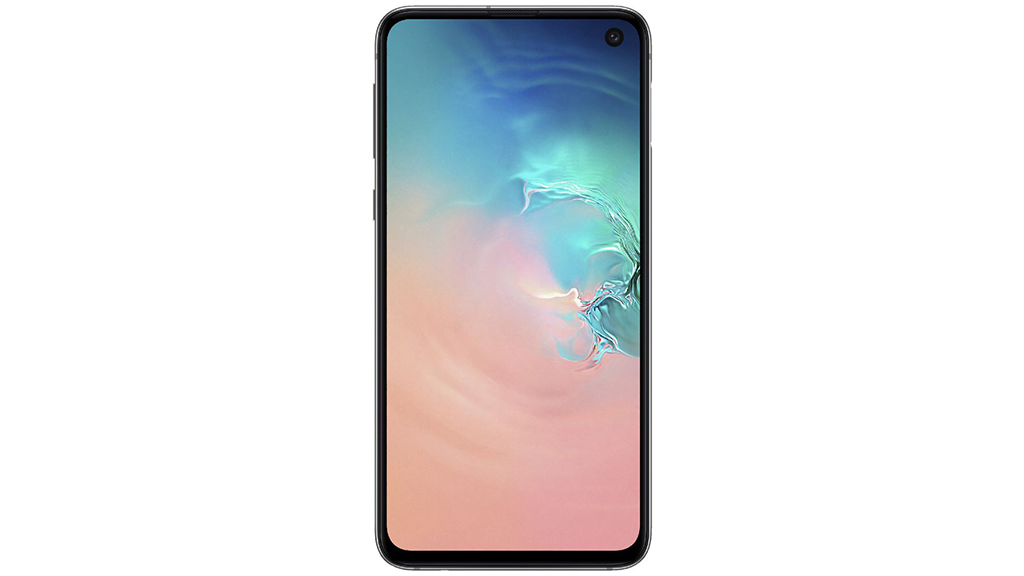
10. Samsung Galaxy S10e
Our expert review:
Specifications
Reasons to buy
Reasons to avoid
The Samsung Galaxy S10e is getting on a bit now, but if you want a compact Galaxy S phone this remains your best option.
As a member of the S range it’s reasonably high-end, with either 6GB or 8GB of RAM and an Exynos 9820 or Snapdragon 855 chipset. Which chipset you get depends on where you are in the world, but both rank among the best of this phone’s release year (2019).
The Samsung Galaxy S10e also has a 5.8-inch 1080 x 2280 AMOLED screen, which we found to offer bright colors and crisp detail. And there’s an excellent dual-lens camera, including 12MP main and 16MP ultra-wide snappers, plus all-day battery life.
The Galaxy S10e even has a decent build, with a glass back, a metal frame, and water resistance. Sure, it lacks a few of the bells and whistles of the Samsung Galaxy S10 and Samsung Galaxy S10 Plus, and it’s no longer the newest phone on the block, but that just means it’s cheaper.
Read our full Samsung Galaxy S10e review
- Check out our ranking of the very best camera phones
Get daily insight, inspiration and deals in your inbox
Sign up for breaking news, reviews, opinion, top tech deals, and more.

Alex joined as TechRadar's Senior Phones Editor in June 2022, but brings over a decade's worth of experience to the role, with an expertise in smartphones, tablets and wearables. He's covered keynotes hosted by the biggest brands and attended the launches for some of the most influential mobile products of the last few years. His experience was amassed at some of the most reputable consumer technology publications out there, including GSMArena, TechAdvisor and Trusted Reviews.